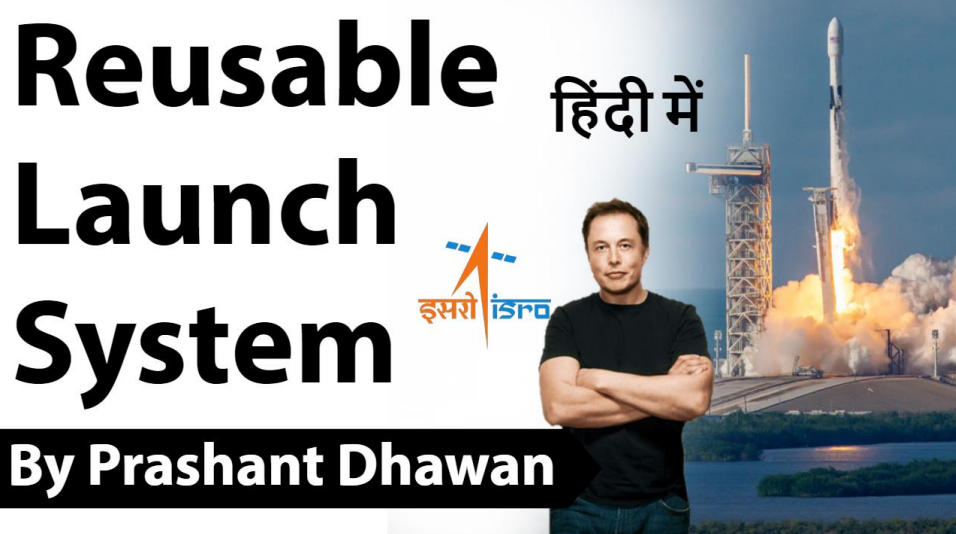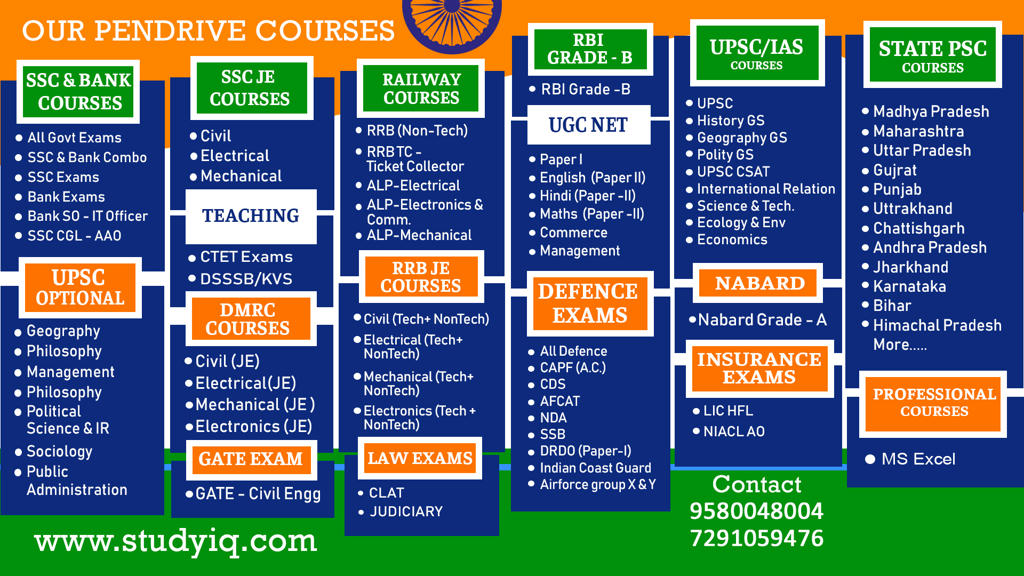Table of Contents



BASICS
- The bottom of the ocean is a rocket graveyard – littered with the expended shells of thousands of rockets used to send satellites, and people, to space. These are the relics of a past age.
- The Falcon 9, developed by aerospace company SpaceX, means it is now possible to reuse the first-stage of the rocket, by flying it safely back to Earth.




REUSABILITY
- SpaceX believes a fully and rapidly reusable rocket is the pivotal breakthrough needed to substantially reduce the cost of space access. SpaceX’s Falcon 9 rocket currently carries a list price of about $54 million (300 crore). However, the cost of fuel for each flight is only around $200,000—about 0.4% of the total. The majority of the launch cost comes from building the rocket, which flies only once.
- Compare that to a commercial airliner. Each new plane costs about the same as Falcon 9, but can fly multiple times per day, and conduct tens of thousands of flights over its lifetime. Following the commercial model, a rapidly reusable space launch vehicle could reduce the cost of reaching Earth orbit by a hundredfold.


COST IS KEY
- Chinese startup LinkSpace completed its third test of a reusable rocket in five months, stepping up the pace in the race to develop a technology key to cheap space launches in an expected global boom in satellite deployment.
- LinkSpace’s RLV-T5 rocket blasted off in a desert in western Qinghai province. It flew as high as 300 metres before returning to the launchpad on its own after 50 seconds, said CEO Hu Zhenyu.

BASICS
- Beijing-based iSpace said last week that it was also planning to launch a recoverable rocket, in 2021.
- The reusable design of its next-generation rocket could lead to a predicted cost reduction of 70%, iSpace estimated.
- LinkSpace said it hoped to charge no more than 30 million yuan ($4.25 million) per reusable launch.
ISRO
- RLV Technology Demonstration Programme
- Reusable Launch Vehicle—Technology Demonstration Programme is a series of technology demonstration missions that has been conceived by the Indian Space Research Organisation (ISRO) as a first step towards realising a Two Stage To Orbit (TSTO) re-usable launch vehicle.
Latest Burning Issues | Free PDF






















 WhatsApp
WhatsApp